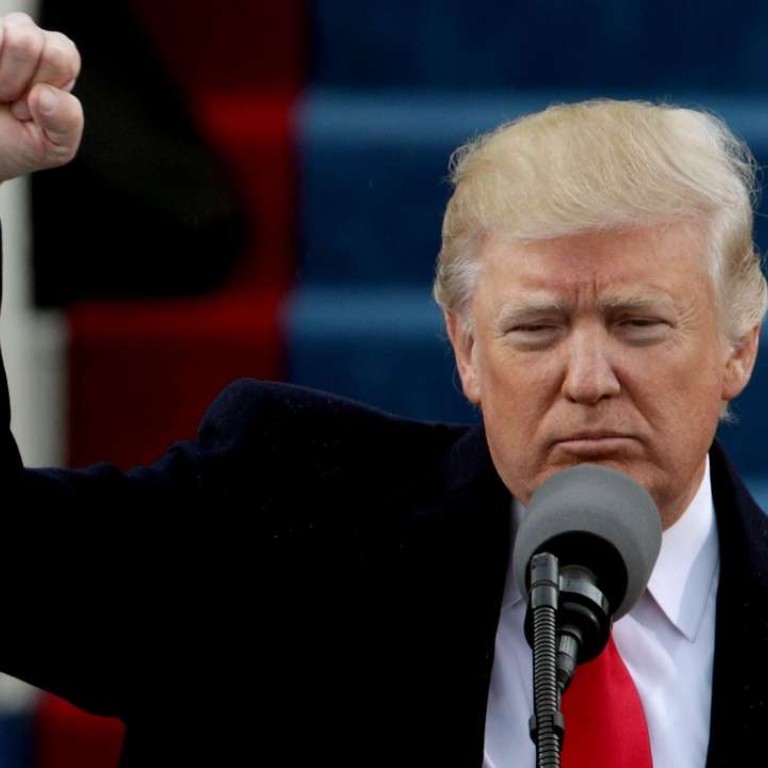
With Trump as US president, Taiwan’s military exchanges with America tipped to rise: analysts
It remains unclear whether he will be willing to sharply provoke Beijing by normalising ties with Taipei
With Donald Trump now in office as the US President, Taiwan’s military exchanges with the United States are tipped to increase to a level that is certain to draw protests from Beijing, analysts said.
But it remained to be seen whether Trump was willing to risk sharply provoking mainland China by normalising military ties with Taiwan, they said.
In what was seen as a big goodbye gift from Barack Obama, the former US president signed into law in late December the 2017 National Defence Authorisation Act, which calls for the Pentagon to conduct a programme of senior military exchanges between Taiwan and the US.
It also permits US officials above the level of assistant defence secretary, as well as active military officers, to visit Taiwan.
Stating that such a programme should be conducted at least once each calendar year, in both Taiwan and the US, the act also defines senior military exchanges as “an activity, exercise, professional education event, or observation opportunity in which senior military officers and senior defence officials participate”.
In response, Taiwan’s defence ministry said in a statement thanking Obama for signing the bill that “it demonstrates the US’ concern and support for our defence, safety and security needs”.
However, a ministry official said what was more important was for the Trump administration to put the bill into practice.
The act is certain to elevate Taiwan-US military ties to another level if institutionalised
“What matters is how the Trump administration will act on this section of the bill,” the official told the South China Morning Post, adding that the ministry hoped Taiwan could be treated equally in terms of military ties in the future.
Taiwan, considered by Beijing as its territory since the two sides ended a civil war in 1949, has long hoped to have closer military relations with the US, if not normalisation of such ties.
The “one China” policy – long adhered to by Washington since it switched diplomatic recognition from Taipei to Beijing – has effectively barred Taiwan’s president, vice-president, foreign minister and defence minister from visiting the US.
The official said Taiwan would continue to ask the US to sell sophisticated arms to Taiwan, including the fifth generation of warplanes – F-35B fighter jets – which have stealth capabilities and are equipped with short and vertical take-off and landing systems.

Analysts said the signing of the act provided Taiwan with a good chance for further military co-operation with the US.
“The act is certain to elevate Taiwan-US military ties to another level if institutionalised,” said Tsai Ming-yen, an international politics professor at National Chung Hsing University in Taipei.
He said although the section about such exchanges was not legally binding, it still had some practical effects that would allow the two sides to have closer cooperation on threat assessments and battle plans in the face of military intimidation by the mainland.
Lai I-chung, deputy executive director of Taiwan Thinktank, said Trump’s remarks that Asian nations should pay more for being under US security protection might mean further arms sales to Taiwan.
“While it remains to be seen what Trump would do in terms of military relations with Taiwan, the Republican Party has a long tradition of supporting Taiwan, including more arms sales for us,” he said.
However, Alexander Wang Chieh-cheng, an American and strategic study professor at Tamkang University in Taipei, called on the authorities in Taiwan not to trumpet the military exchanges between Washington and Taipei, given the reactions from Beijing.
“To avoid sensitivity, the more low key [things are] the better,” he said, adding that only when the issue was not politically magnified would the level of substantive exchanges be able to increase.

